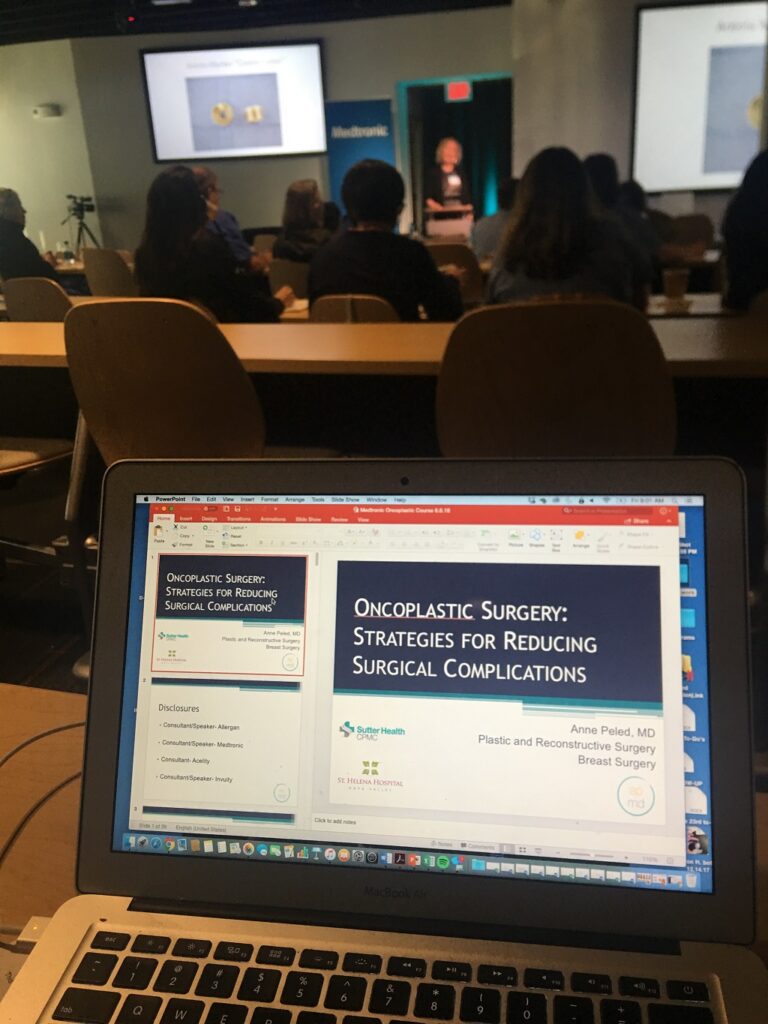
Getting the Best Breast Cancer Surgery Results

One of the most rewarding parts of my job is educating other surgeons and patients on new and exciting techniques in breast cancer and breast reconstruction surgery. Furthermore, disseminating knowledge on getting the best breast cancer surgery results. I love interacting with surgeons who are truly passionate about learning new approaches to help their patients get better outcomes, and with patients who want to know all of their options to make the best decisions. I often hear from women, though, that they didn’t know what to ask their surgeons to make sure they were getting access to the most innovative, patient-centered care and that they regretted not getting second opinions or researching more before having their surgery.
Given the psychological and emotional issues that understandably come up when thinking about having breast cancer or reconstruction surgery, women deserve to have a surgeon who is really focused on getting them the best outcome that minimizes the negative impact on their bodies, both short- and long-term, and is least disruptive to their sense of self and body image. Here are a few suggestions to help make sure you’re getting this kind of patient-focused breast surgical care:
1) Ask about where your scars will be. Lumpectomies and mastectomies can often be done in ways where the scars are hidden so you don’t have a constant reminder of your breast cancer or breast surgery.
2) Ask to see before and after pictures of other women who’ve had a similar surgery to what you’re planning. This can help show you where scars will be and what they’ll look like and give you a realistic sense of how you might look after surgery. It also helps you evaluate your surgeon’s results and lets you compare outcomes between surgeons.
3) Consider a second opinion. Different surgeons have different skills and it can be useful to hear more than one recommendation as you’re making your decision. It can also just be helpful to have information presented multiple times so that you really understand your options.
4) Ask if you can speak with other women in the surgeon’s practice who have had the same surgery that you’re considering. This will help you learn more about what to expect and how patients feel about their results. Keep in mind, though, that every woman’s experience is different, so add what you hear from other women who’ve been through it to information from your surgeon and other resources to help you make the best decision.



